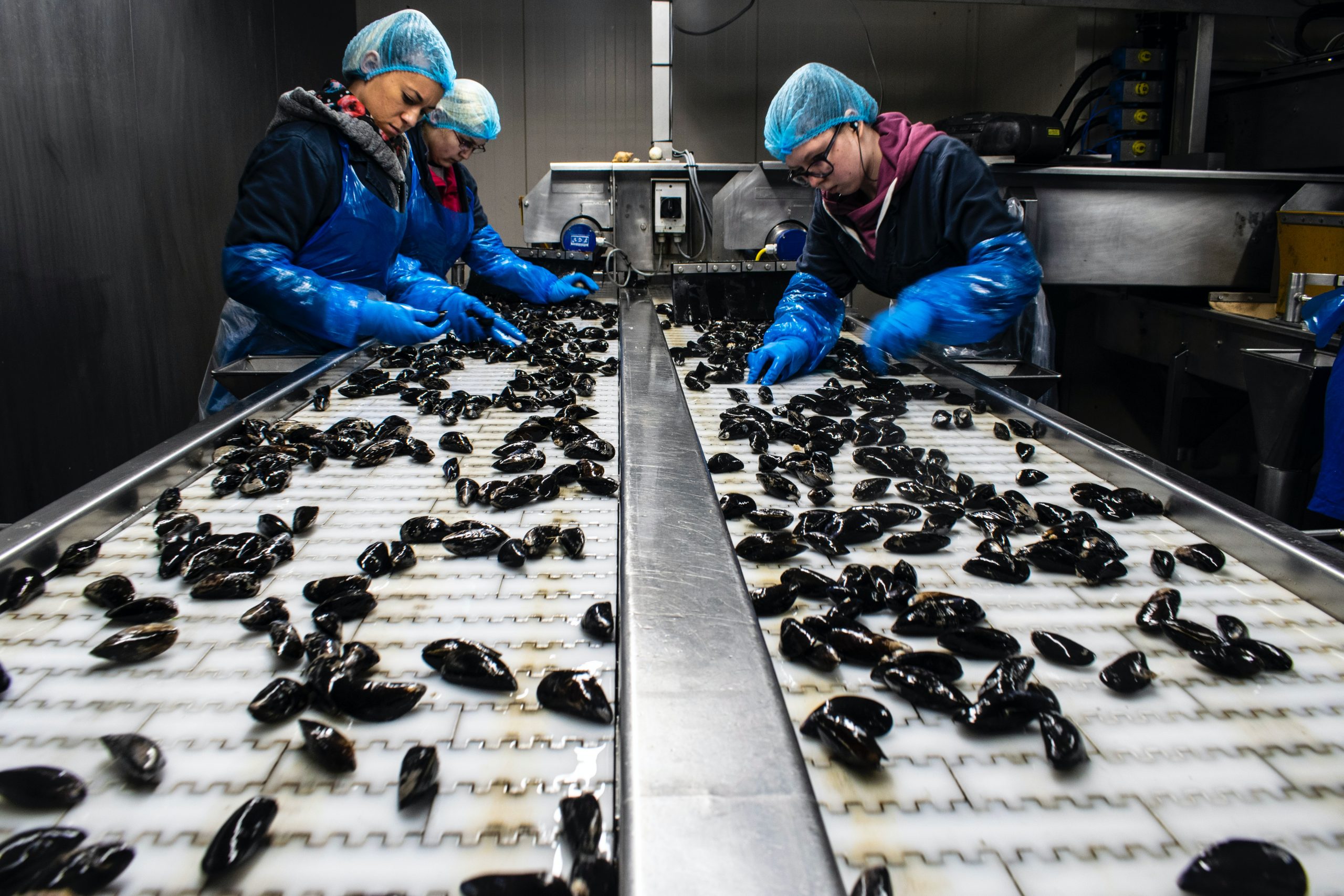As we adapt to the hybrid workforce framework, move towards flexible schedules and safe returns, we listen to the expectations of our workforce. Meanwhile, we navigate this post-pandemic world with careful financial planning, reviews and commercial business risk assessment. One approach will not suit all and every teams must come together to assess how this impacts people internally and externally. Success lies in establishing who owns what and how to work cohesively to ensure the big picture can be seen, with leadership providing a clear vision, as teams rediscover how to work effectively. This presents a welcomed opportunity to further intertwine all components of the HR framework in how we approach performance, leadership, development and ensuring engagement throughout.
As we consider the social challenges of emerging from a pandemic, it is worth pausing to contemplate how being apart increased our dependence on each other. Virtual communication allowed us more time to create meaningful human connections and it appeared for a while that being apart actually pushed us all a little closer together and this can only help us in developing our internal cultures. Traditional ways of building relationships at work have changed immeasurably, as we grapple with what happens next. Teams may be spread far and wide, not only physically or geographically, but also personally, with such a wide range of personal circumstances influencing views on the return to offices. It may well be that some teams never meet in person again if offices have closed or downsized, or if things become more flexible and hybrid working becomes the norm. Yet this must be balanced with the need to build meaningful connections and satisfy our social appetite in being together.
A rethink on how to build networks and create relationships may be needed to ensure no one is left behind. Trust is going to be at the core of this and building trust remotely is a new skill for many, one which requires additional time and effort. A phenomenon of going into the pandemic is that many relationships already existed so they were tested in a new environment and worked or failed accordingly. For new starters joining teams they have never met, navigating organisational structures and systems virtually and building meaningful social strands becomes a completely different ballgame. Ensuring employees continue to work together closely and create communities committed to their shared goals, is a very different challenge now and requires intention and major re-engineering of the traditional ways for people to acquire knowledge.
We also have the chance to enhance inclusion. In a pre-pandemic life, sharing an office space may have led to the increased partnership between teams that sat together or were brought together at a social occasion – remember the office lunch or the post[1]work drinks? For some these much-missed opportunities to socialise will be a welcome return, reconnecting with team members to swap ideas or talk business. However, the greater prize here is the prospect of how we share opportunities to build relationships and knowledge sharing for those that may not have traditionally been included. A virtual world meant no after-meeting narrative or corridor conversations and therefore everyone benefitted from having the exact same experience, information and opportunity to comment. This is something we should not lose.
Sign up for an Annual Platinum Subscription where you will receive the publication both in print and digitally for only £175 pa (£250 pa overseas)
12 x print & digital issues pa, All back issues, Invitations to our events
PLUS you will receive:
‘The GC Index®’ profile to measure your business impact worth £100, HR business book of the month, 25% of fee donated to the ‘Hope for Justice’.
We guarantee:
‘No paid for’ editorial, 56 pages each month, 75% / 25% editorial ratio, Topical features, interviews & case studies









